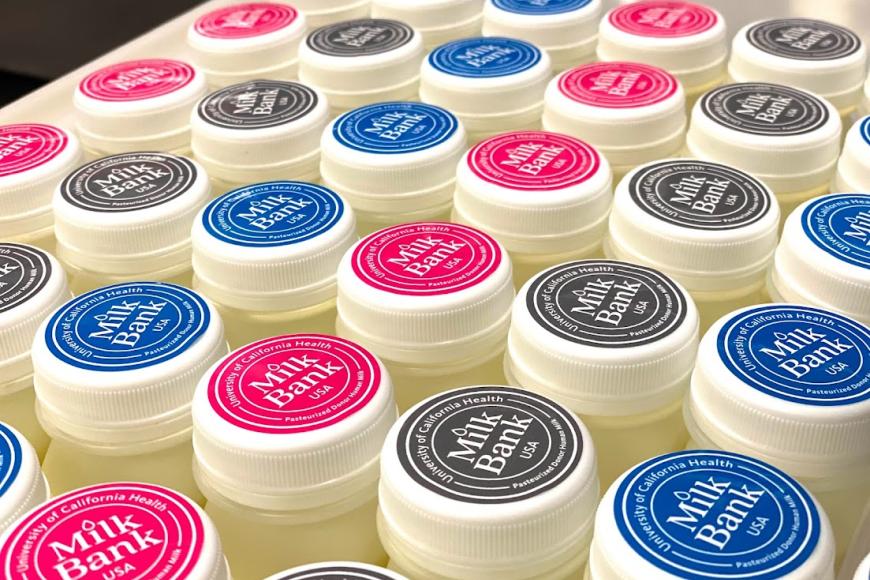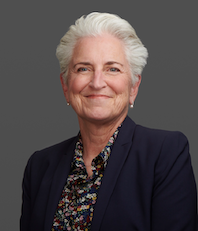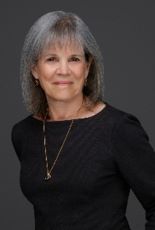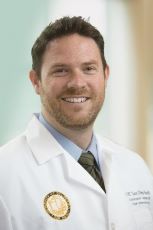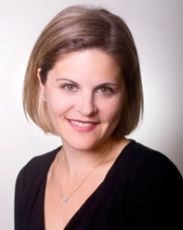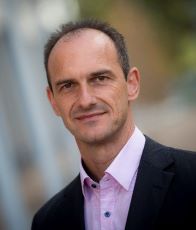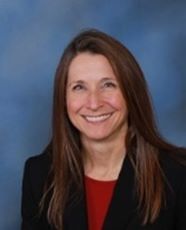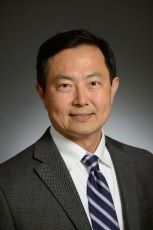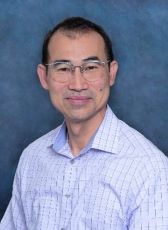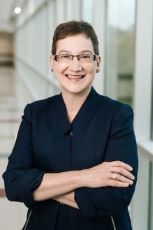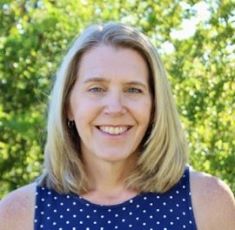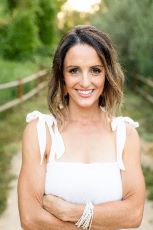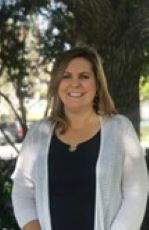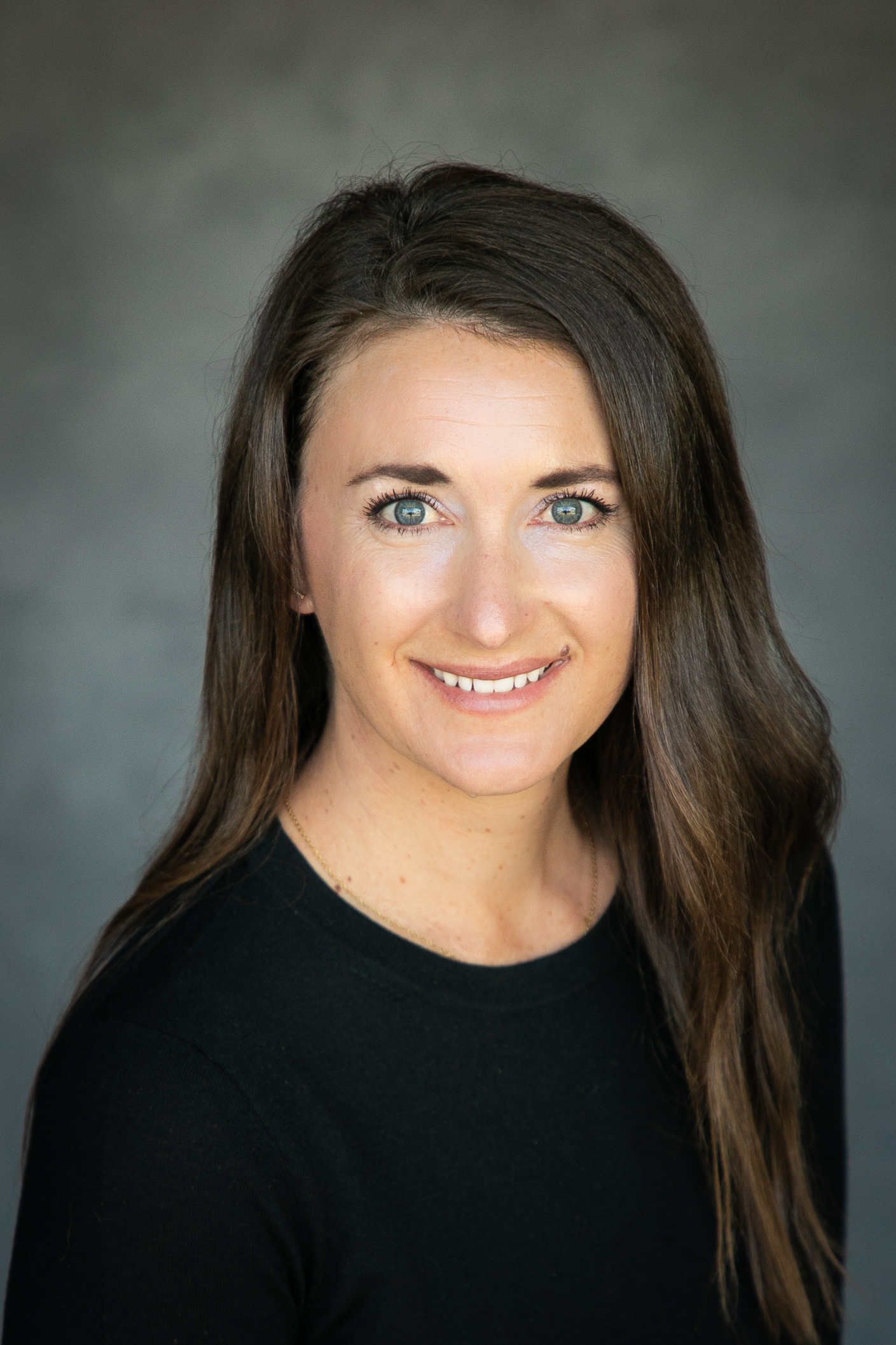Milk Bank Team
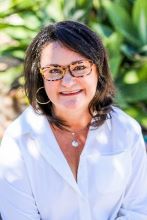 Executive Director ~ Alison Wolf CPNP, IBCLC, PCQI
Executive Director ~ Alison Wolf CPNP, IBCLC, PCQI
Alison Wolf’s journey from registered nurse in the NICU to her current role as a pediatric nurse practitioner and Executive Director of the UC Health Milk Bank demonstrates her unwavering commitment to improving infant health and nutrition. With her background in nursing from UCLA and specialized focus on equitable access to donor breast milk, Alison is committed to ensuring all infants receive the nutrition they need to thrive, regardless of their circumstances.
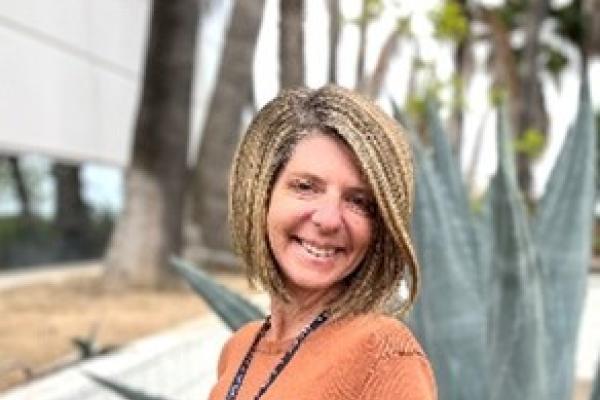
Donor Program Manager - Stephanie Lehman, PhD
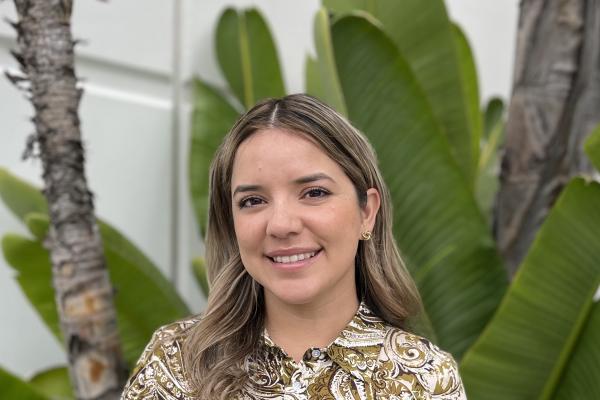
Donor Coordinator - Mayra Ramirez
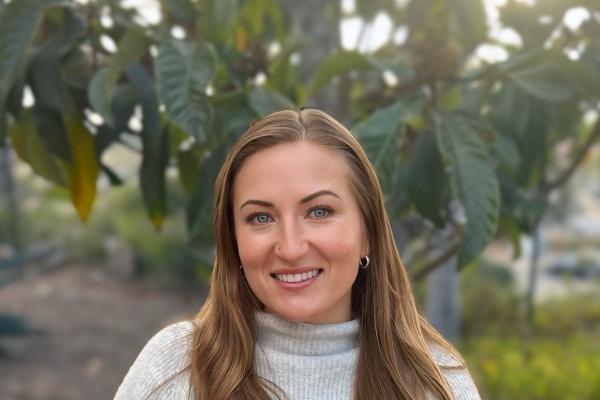
Donor Coordinator - Cory Burgamy
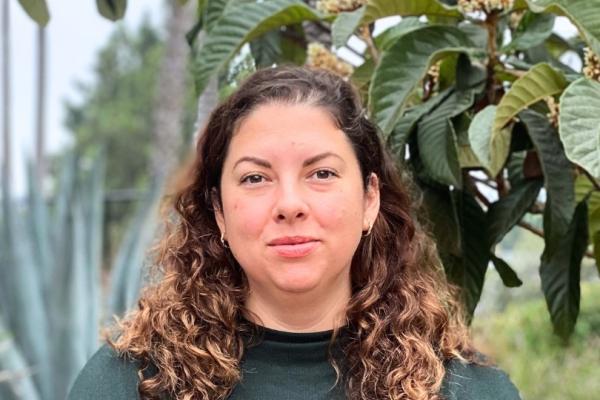
Program Coordinator - Kayra Frank-Jimenez
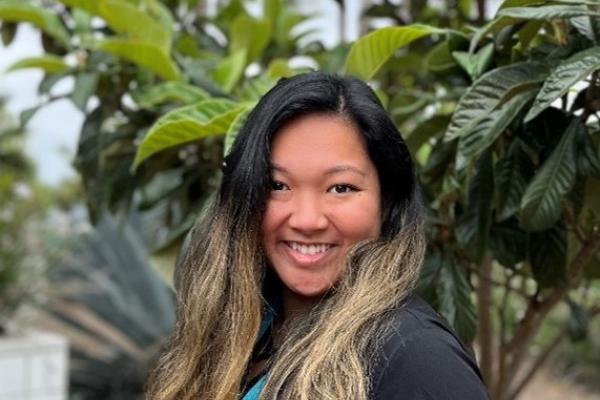
Milk Technician and Donor Milk Sales - Micah Estanislao

Lead Milk Technician - Nguyen Nguyen
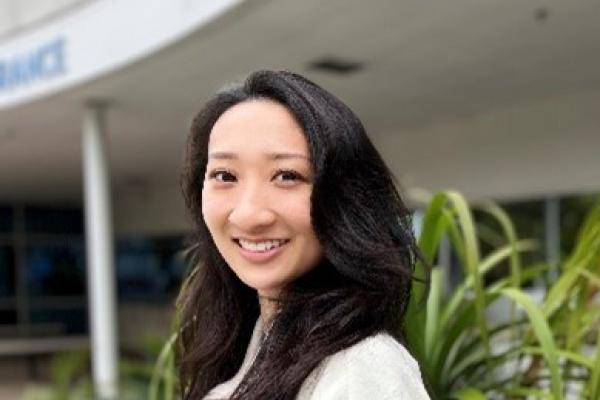
Milk Technician - Welney Huang
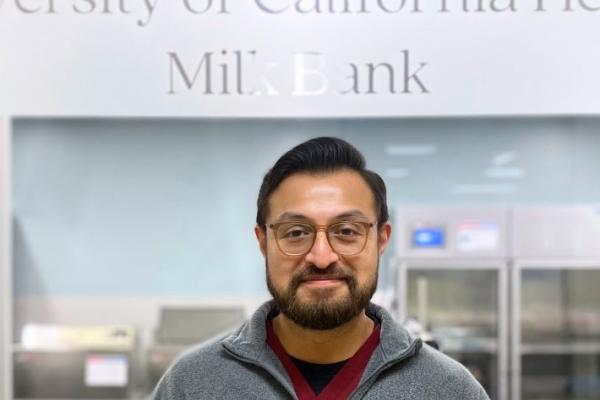
Milk Technician - Eric Romero
Medical Advisory Board
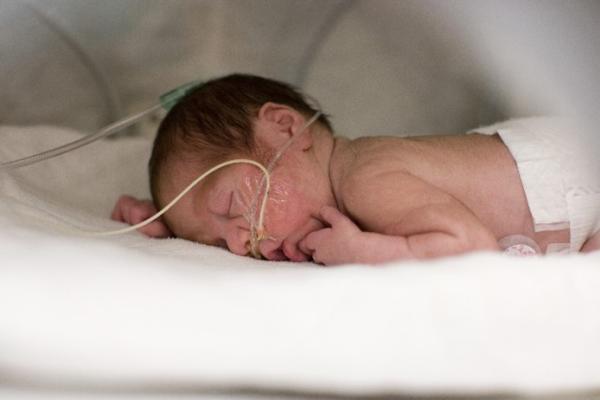
Human Milk for Premature Infants
The American Academy of Pediatrics (AAP) states human milk is the optimal nutrition for Very Low Birth Weight (VLBW) infants and decreases the risk of significant complications of prematurity, most notably NEC. When mothers’ own milk is not available or sufficient, pasteurized donor human milk is recommended.
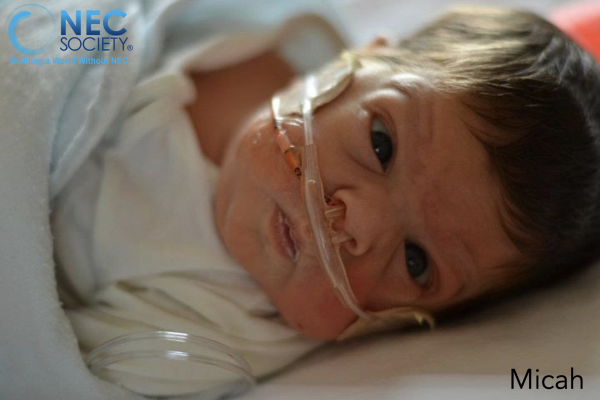
NEC Prevention
NEC is a leading cause of infant death, impacting thousands of babies every year. It is a devastating intestinal disease that primarily affects babies born prematurely or with a medical complication. We know that the use of human milk (not formula) can significantly reduce the risk of NEC.

A Milk Donation Journey
Milk donation is a vital gift know to improve health outcomes and helps the lives of vulnerable infants. Every family has their own donation story. Our donors spend time, love, and energy in pumping, labeling, and safely storing their milk. They meticulously care for each drop to ensure the best nutrition for vulnerable infants in the community and to support other mothers and families. Each milk donation journey is unique.
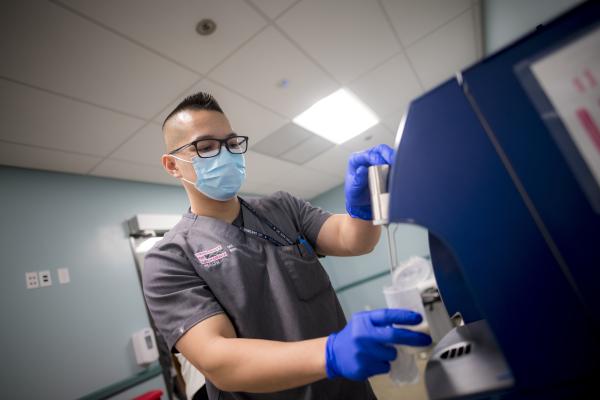
Love In Every Drop: Nutritional Analysis
At UC Health Milk Bank, we truly believe there is love in every drop. Milk donations are analyzed with a top-of-the-line milk analyzer to check for protein, fat, and carbohydrates. We share this information with our donors so they can know how they are helping other infants to grow and thrive. We then use this information to pool milk in each batch to ensure a specific amount of protein in calories in every bottle.
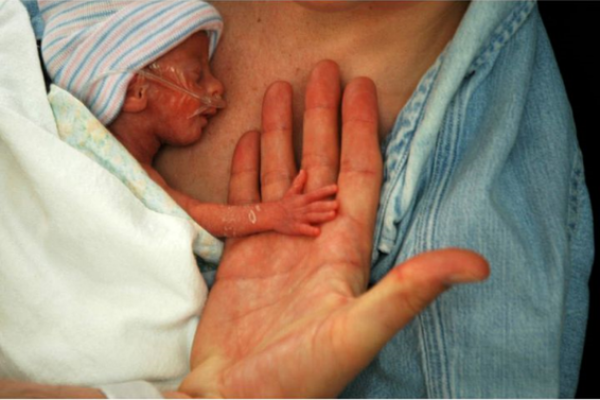
The Power of Human Milk
Dr. Stephanie Lehman and her daughter Izzie share their emotional journey of fighting for Izzie's life as a preterm baby in the NICU, the power of human milk, and the many superheroes along the way. "As these families enter a fight for their baby’s life, knowing they can provide lifesaving human milk can change everything – it can not only save their baby, but can be the whole family’s life line."
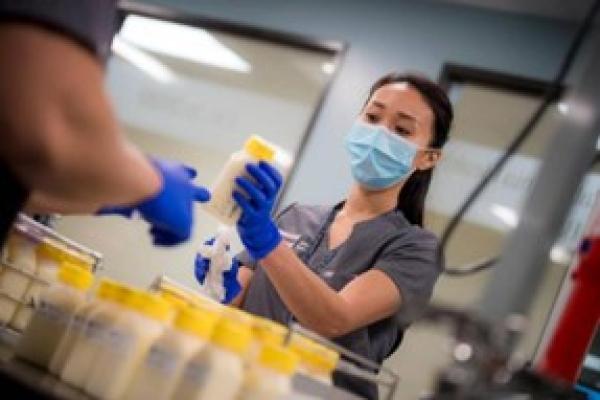
A new UC-sponsored law is already improving the lives of infants in California’s hospitals
The Donor Milk Process
UC Health Milk Bank is a non-profit, HMBANA accredited milk bank that transforms the precious gift of milk into high quality donor milk for vulnerable infants in needs. Multiple quality and safety steps ensure we set the Standard in Newborn Nutrition.
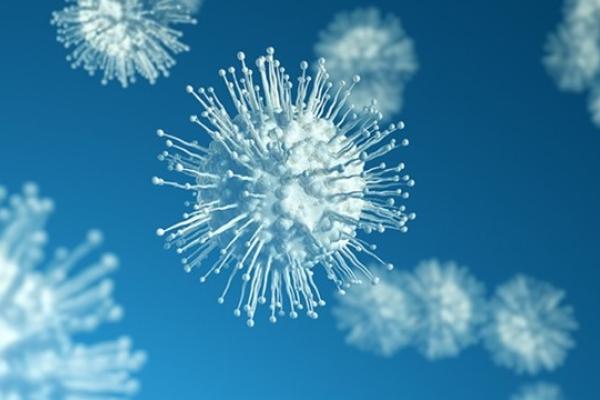
The Science of Human Milk
Human milk is nothing short of miraculous. Fortunately, at UC San Diego Health, top scientific minds are invested in learning more about its secrets. Julia Cormano, M.D., F.A.C.O.G, speaks with Lars Bode, Ph.D., about the significance of human milk, highlighting its diverse benefits for infants and mothers. They explore its unique properties and practical implications for healthcare and society on a global scale.
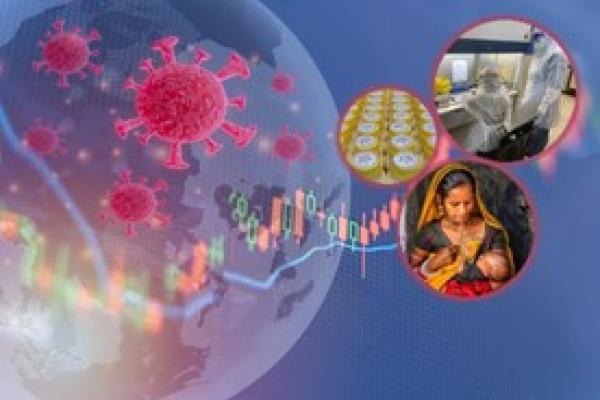
Creating a More Equitable Future Through Human Milk
The Human Milk Institute (HMI) brings organizations at the forefront of human milk research, clinical care, milk banking, education, and public and global health together to expand the understanding of human milk they we can apply that knowledge and improve lifelong health worldwide.
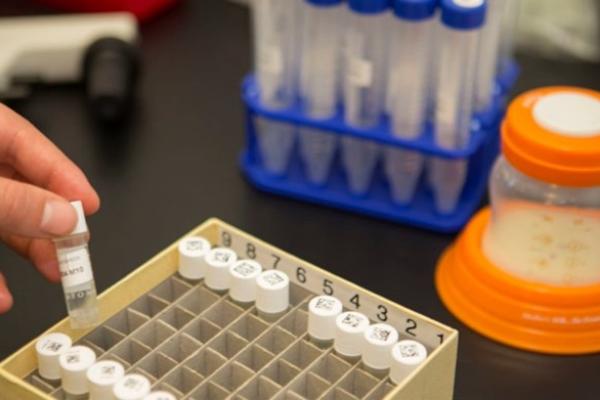
Mommy’s Milk: Human Milk Research Biorepository
Human milk is the best source of nourishment for infants. Mommy’s Milk Human Milk Research Biorepository strives to understand the numerous benefits human milk offers at a molecular level, and use these findings to improve the health and development of all children. This initiative demonstrates the biorepository at the forefront of human milk and lactation discoveries.

Cherry Blossom Family Program
The UC Health Milk Bank Cherry Blossom program was created to support bereaved families after fetal demise or neonatal/infant death. Our hope is to fill a much-needed gap in service by providing education, supplies and support for these families so they can comfortably wean or pump and donate their milk. We make sure to acknowledge each of these women as moms and honor their babies with our memorial cherry blossom mural. For many, donating milk is a time for healing; a time to connect with their child, take control of an unimaginable situation, and save the lives of other babies.

